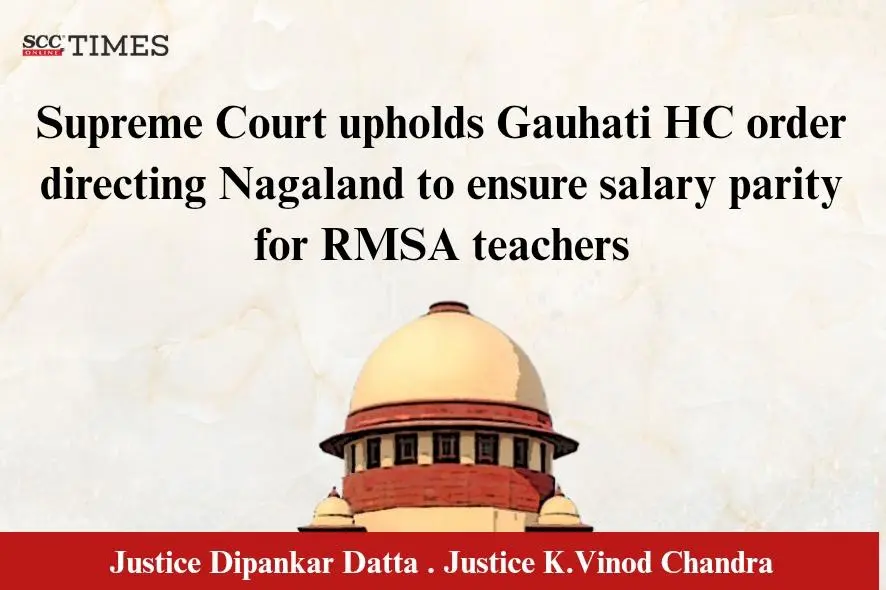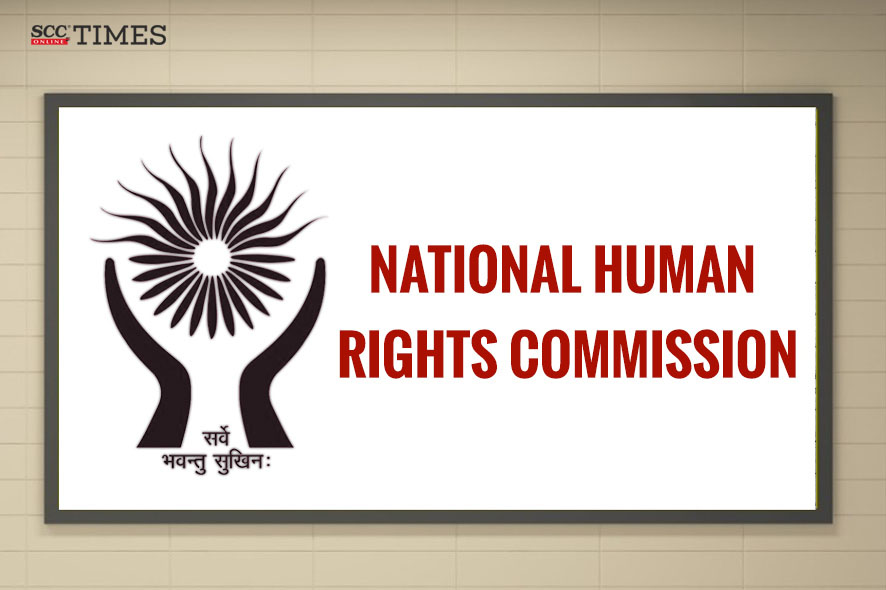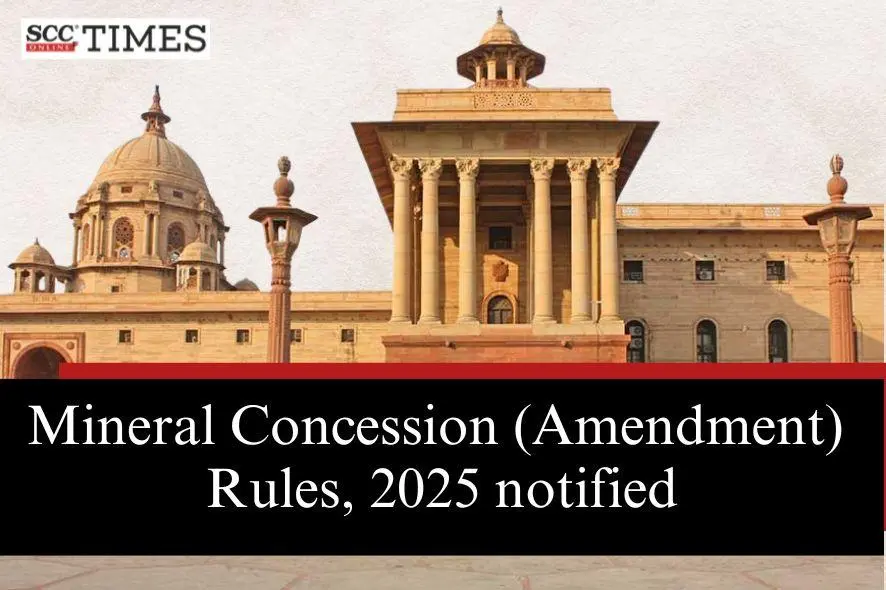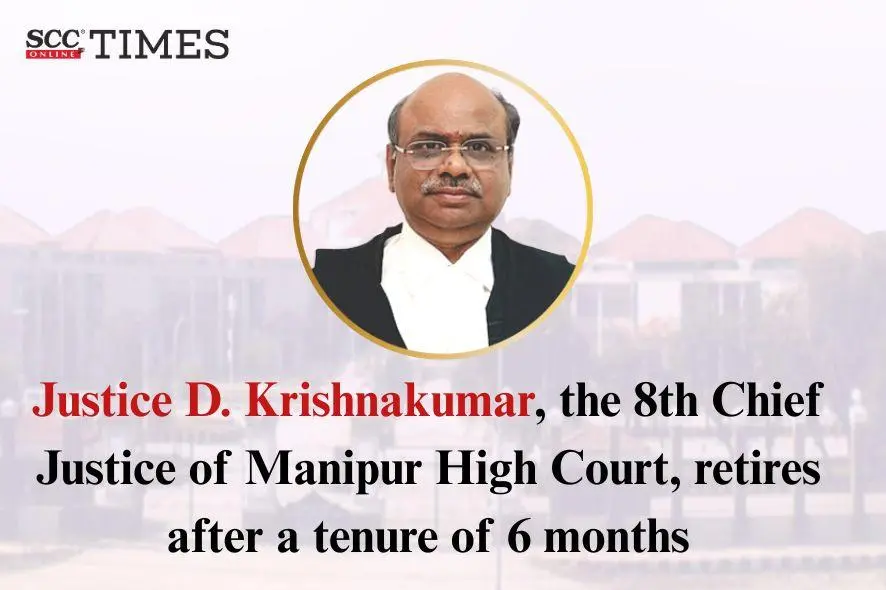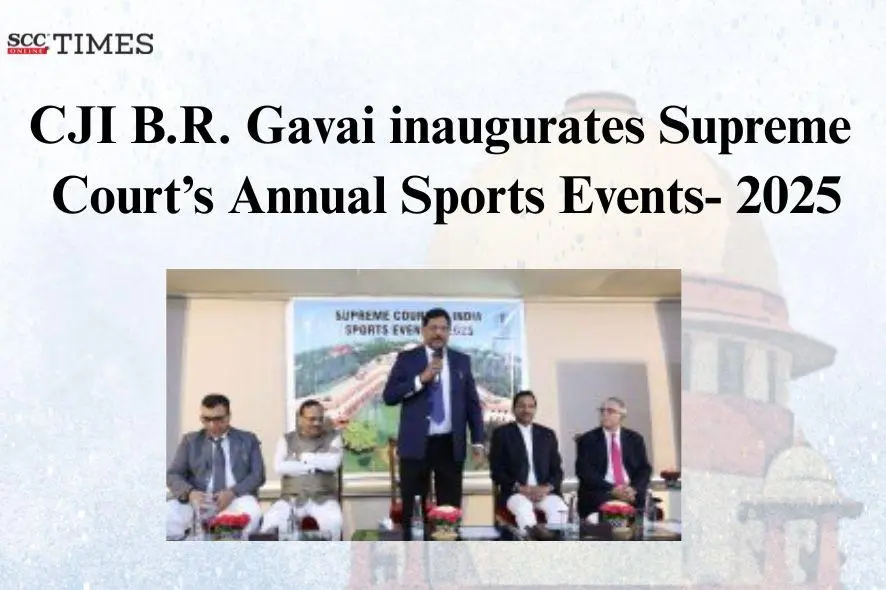Supreme Court: The bench comprising of DY Chandrachud and MR Shah, JJ set aside a Madhya Pradesh High Court order that had quashed the criminal proceedings for the offences under Sections 307, 294 read Section 34 of the IPC solely on the ground that the original Complainant and the accused have settled the dispute and said that the High Court had committed “a grave error” by doing so.
The Court took note of the fact that not only the aforementioned offences were non-compundable but also the allegations against the accused were “very serious” as allegedly the accused had fired twice on the complainant by a countrymade pistol and that one of the accused persons was reported to be a hardcore criminal having criminal antecedents.
The Court, hence, noticed:
“the fact remains that the accused was facing the criminal proceedings for the offences under Sections 307, 294 read with Section 34 of the IPC and that the offences under these sections are not noncompoundable offences and, looking to the serious allegations against the accused, we are of the opinion that the High Court has committed a grave error in quashing the criminal proceedings for the offences under Sections 307, 294 read with Section 34 of the IPC solely on the ground that the original Complainant and the accused have settled the dispute.”
In a 2011 verdict, the Court had held that:
“despite any settlement between the Complainant on the one hand and the accused on the other, the criminal proceedings for the offences under Section 307 of the IPC cannot be quashed, as the offence under Section 307 is a noncompoundable offence.”
Hence, setting aside the High Court order, the Court directed that the criminal case be proceeded further in accordance with law and on its own merits. [State of Madhya Pradesh v. Kalyan Singh, 2019 SCC OnLine SC 7, decided on 04.01.2019]




